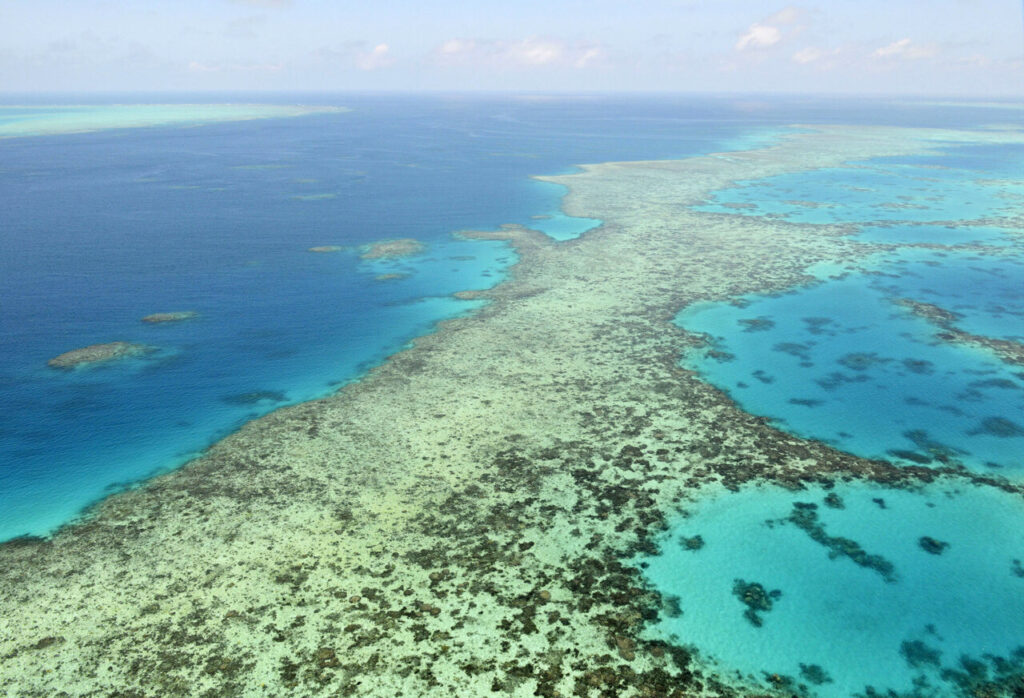
On Tuesday, Australia expressed its displeasure with a draught UNESCO report declaring the Great Barrier Reef “in danger” due to climate change-related deterioration. Sussan Ley, Australia’s environment minister, said the decision to downgrade the Great Reef’s status was politically motivated and flawed, pointing to China, which chairs the UNESCO committee.
What did UNESCO have to say about it?
On Monday, the United Nations released a draught report recommending that the reef’s World Heritage status be downgraded due to dramatic coral decline.
Australia’s efforts to improve reef quality, as well as its financial commitment, were lauded in the committee’s draught report.
However, it stated “with the utmost concern and regret… that the long-term outlook for the property’s ecosystem has further deteriorated from poor to very poor,” referring to Australia’s decision to downgrade the reef’s health status following back-to-back mass bleaching events in 2016 and 2017.
What exactly does this imply?
The inclusion of a country on the UN’s in-danger list is not regarded as a sanction. Some countries have their sites added to UNESCO to gain international attention and help save them, but others see it as a disgrace.
UNESCO has recommended that seven sites be added to the endangered list, with two of them – Liverpool’s waterfront and Tanzania’s Selous game reserve, where poachers have run amok – being stripped of their World Heritage status entirely.
The Reef has brought “shame on the federal government, which is standing by as the reef declines rather than fighting to protect it,” according to the Climate Council.
What are the consequences?
Environmental groups have taken aim at the Australian government’s reluctance to take stronger climate action in the wake of the Great Barrier Reef’s downgrade.
Environmentalists say the threat to the Great Barrier Reef’s heritage status demonstrates Australia’s failure to take steps to reduce carbon emissions, which contribute to global warming.
“The UNESCO recommendation is clear and unequivocal that the Australian government is not doing enough to protect our greatest natural asset, particularly in the face of climate change,” said Richard Leck, WWF’s head of oceans.
According to Fanny Douvere, the head of UNESCO’s World Heritage marine programme, Canberra could take steps to improve the reef’s water quality, increasing its resilience to climate change.
What is Australia’s next course of action?
Sussan Ley, Australia’s environment minister, said the move would be challenged, accusing UN officials of breaking their promises ahead of the World Heritage Committee’s 44th session in China next month, where the recommendation will be formally considered.
“Politics has thwarted a proper process, and the World Heritage Committee’s failure to even hint at this listing is appalling,” she told reporters in Canberra. Ley said she spoke with UNESCO Director-General Audrey Azoulay over the weekend to express “clearly our strong disappointment, even bewilderment.”







